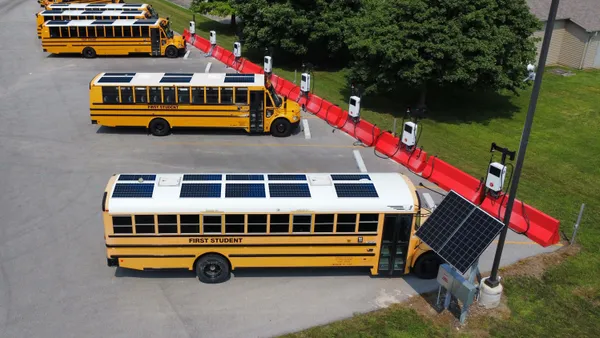Three days after Nov. 8, it’s still uncertain which party will control the House and Senate. During the campaign, many Republican candidates promised to rein in federal spending, potentially limiting access to certain funds authorized by the Infrastructure Investment and Jobs Act. Although the IIJA locks in $113.3 billion in guaranteed funding between fiscal years 2022 and 2026 through advance appropriations, annual budget appropriations from the general fund are not guaranteed.
Even the current Democratic-controlled Congress didn’t max out the authorized funding for some programs. Transportation for America noted in an August blog post, “In many cases, both the House and Senate failed to fund programs at their IIJA-authorized levels” for the 2023 fiscal year. T4A is an advocacy organization comprised of local, regional and state leaders.
Looking ahead to a new Congress, Christina Angelides, director of the Policy Lab at Elemental Excelerator, a non-profit climate tech investment firm, said, “It will be very difficult, and there will be major blowback across many different companies, multinationals to startups, if that funding is clawed back, slowed down or uncertainty is created.”
Even with a change in control of one or both chambers of Congress, Joe Britton, executive director of the Zero Emission Transportation Association, sees having little effect on funding for infrastructure programs. “This is probably a no-net-change environment,” he said.
But Angelides said there could be more oversight of these programs in the future by Congress.
As of July, the U.S. Department of Transportation had already announced the recipients of nearly $84 billion in grant funding from the Infrastructure Investment and Jobs Act.
On a state and local level, voters approved 14 of 19 ballot measures that support public transit on Nov. 8, according to the American Public Transportation Association. Including elections held earlier this year, 29 of 36 transit-friendly measures passed in 2022, APTA said.
“Voters support transit at the ballot box because it can transform a community and create pathways to a more equitable and accessible future,” said Josh Cohen, executive director of APTA’s Center for Transportation Excellence, in a press release.











